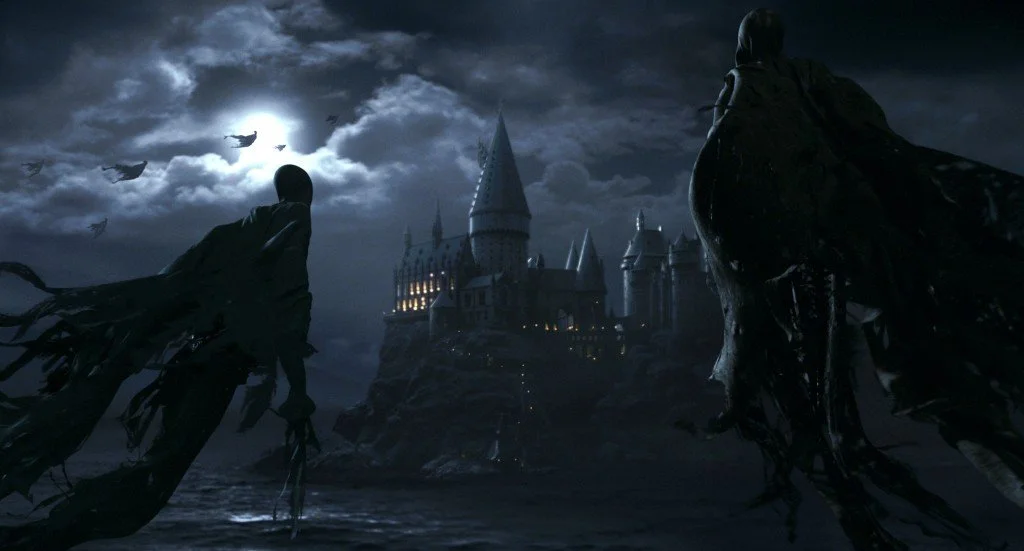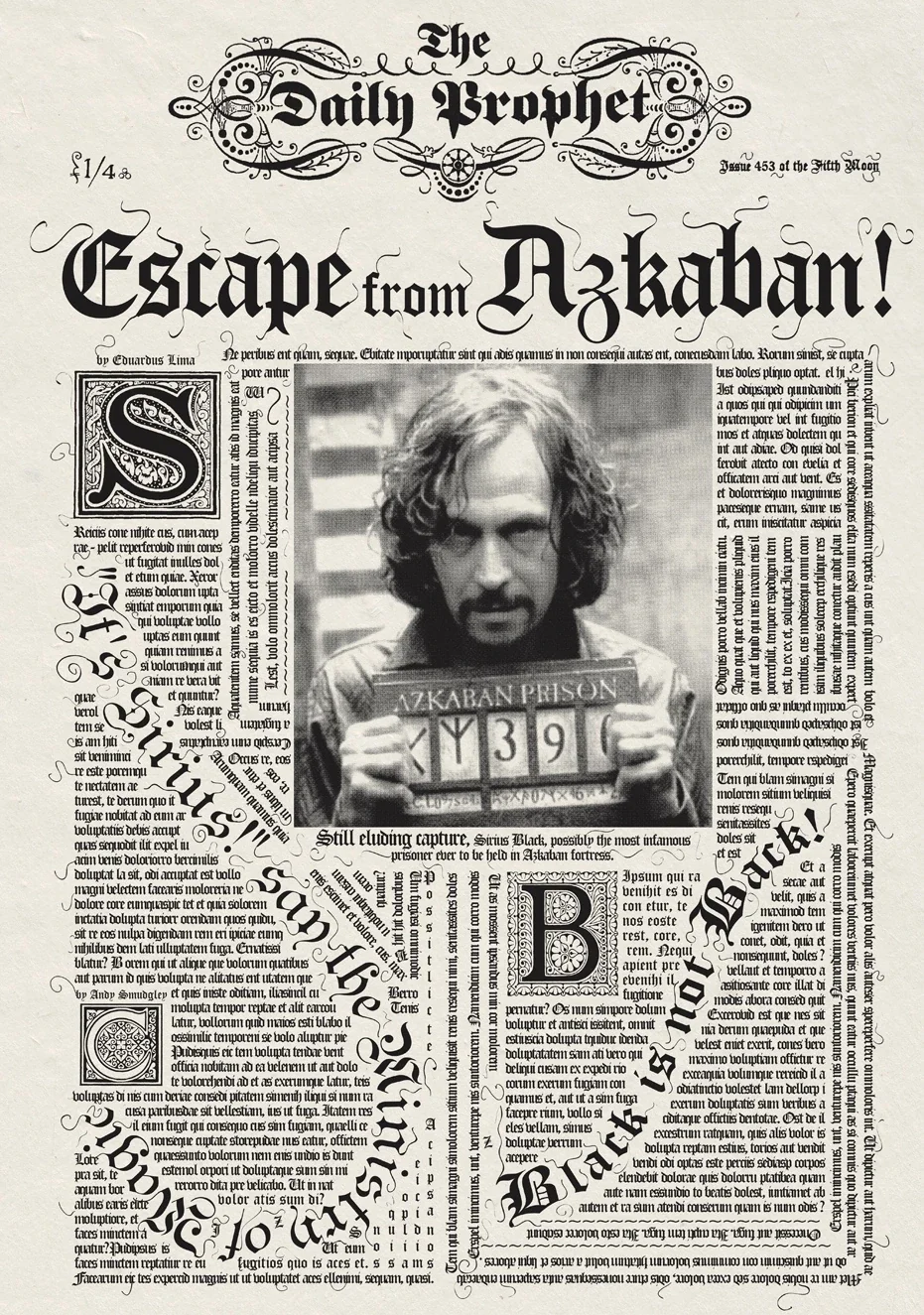

Harry Potter and the Prisoner of Azkaban: The Series Matures
Harry Potter and the Prisoner of Azkaban is widely regarded as the masterpiece of the early Harry Potter series. It represents a crucial turning point, shedding the youthful innocence of the first two books and diving into a far more complex, emotionally mature, and suspenseful narrative structure. This installment takes the core themes of the saga—family, loyalty, and the hidden complexities of history—and elevates them with breathtaking precision.
The immediate sense of danger is palpable, but it stems not from a known entity like Voldemort, but from the fugitive Sirius Black and the horrifying, mood-draining introduction of the Dementors. These spectral prison guards are perhaps the most inspired creation of the book, acting as a metaphor for depression and despair, feeding on every happy memory. Their effect on the world, and specifically on Harry, forces him to confront his deepest trauma, culminating in the necessity of learning the Patronus charm—a demanding piece of magic symbolizing hope and resilience.
The book excels through its rich introduction of pivotal characters. Remus Lupin, the new Defence Against the Dark Arts teacher, quickly becomes one of the series' finest mentors. His gentle wisdom and the complicated history he shares with Harry's parents provide much-needed context to James Potter's past and offer Harry his first true adult guidance at Hogwarts. Simultaneously, the mysterious Sirius Black, initially presented as a psychotic murderer, drives the central conflict, forcing Harry to grapple with his own desire for revenge versus the slow, necessary process of understanding truth.
The brilliance of Prisoner of Azkaban lies in its masterful, non-linear plotting. The climactic reveal—that the "dead" Peter Pettigrew is actually alive and responsible for betraying the Potters, framing Sirius, and living as Ron's rat, Scabbers—is a shocking and deeply satisfying twist. The subsequent use of the Time-Turner by Harry and Hermione to manipulate the past and save both Sirius and the Hippogriff, Buckbeak, is an incredibly clever literary device. It is executed with perfect logic, allowing the reader to revisit key moments with a new, informed perspective, and it provides a genuinely thrilling, earned resolution that rewards the reader’s close attention.
The Prisoner of Azkaban is fundamentally about confronting the past to save the future. It is a story where the lines between friend and enemy are blurred, where the family you choose becomes more important than the one you were born into, and where Harry begins to truly understand the painful, yet powerful, legacy he inherited. It’s a book that demands respect for its narrative craftsmanship and emotional depth, confirming its status as a high watermark in the series.
-Topher

